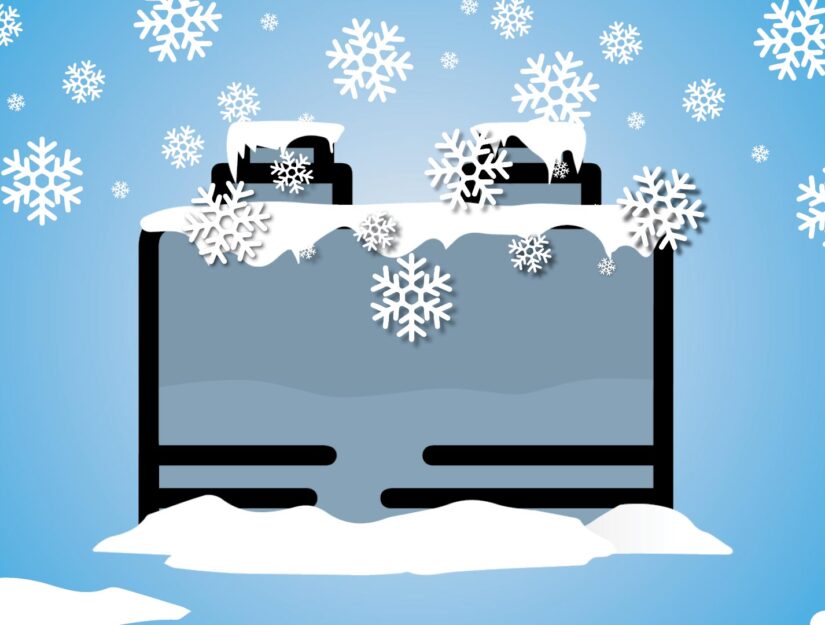Cooler weather can play havoc on various aspects of our lives including our morning drive to work. There are many reasons you may be experiencing issues with your early morning starts, we have listed a few below. If you are experiencing any of these, give us a call.
Cold weather can really affect how well your battery performs. When the temperature drops, the chemical reactions happening inside the battery slow down, causing its overall capacity to decrease. Basically, this means that your battery won’t be able to provide a steady and dependable electrical current. So, when you try to start your engine in chilly conditions, it can be quite a challenge, and there’s even a chance that it might not start at all.
Low temperatures cause an increase in the internal resistance of the battery. This means that the battery has to work harder to deliver the same amount of power. As a result, it may struggle to provide sufficient current to start the engine. You may notice that the engine cranks slowly or takes longer to start in cold weather, indicating a weakened battery.
When it gets really cold, the battery’s internal resistance goes up, which basically means it has to put in more effort to give you the same amount of power. This extra strain can make it difficult for the battery to provide enough current to start your engine. You might notice that the engine cranks slowly or it takes longer than usual to start in chilly weather, and that’s a sign that your battery is feeling a bit weak.
Cold weather can exacerbate existing battery problems and accelerate corrosion and sulfation. Corrosion occurs on the battery terminals and cables, leading to poor electrical connections. Sulfation, on the other hand, is the build up of lead sulphate crystals on the battery plates, reducing its ability to hold a charge effectively. If you notice white or bluish deposits on the battery terminals or experience frequent electrical issues, it may be a sign of corrosion or sulfation caused by cold weather.
When it gets extremely cold outside, the freezing temperatures can actually make your battery freeze too. And that’s not good news because when a battery freezes, it messes up all the chemical reactions happening inside, and that can cause some serious irreversible damage. On top of that, the freezing can make the battery’s insides expand, which can lead to the battery case getting damaged, leaking, or in the worst-case scenario, even exploding! So, if you happen to live in a place where the winters are bone-chillingly cold, it’s super duper important to take some precautions and make sure your battery is well protected. That way, you can prevent it from freezing and causing all these potential troubles.
If you notice any of the above issues, stop in on your way to work. We can test and fit most batteries right in our fitting bays right out front.


02 6652 8816
Shop 2, 164 Pacific Highway Coffs Harbour
Mon-Thur 8am-5pm | Fri 8am-4pm | Sat 9am-1pm
Lic. No: MVRL58542 | AU No. AU53845
Terms & Conditions